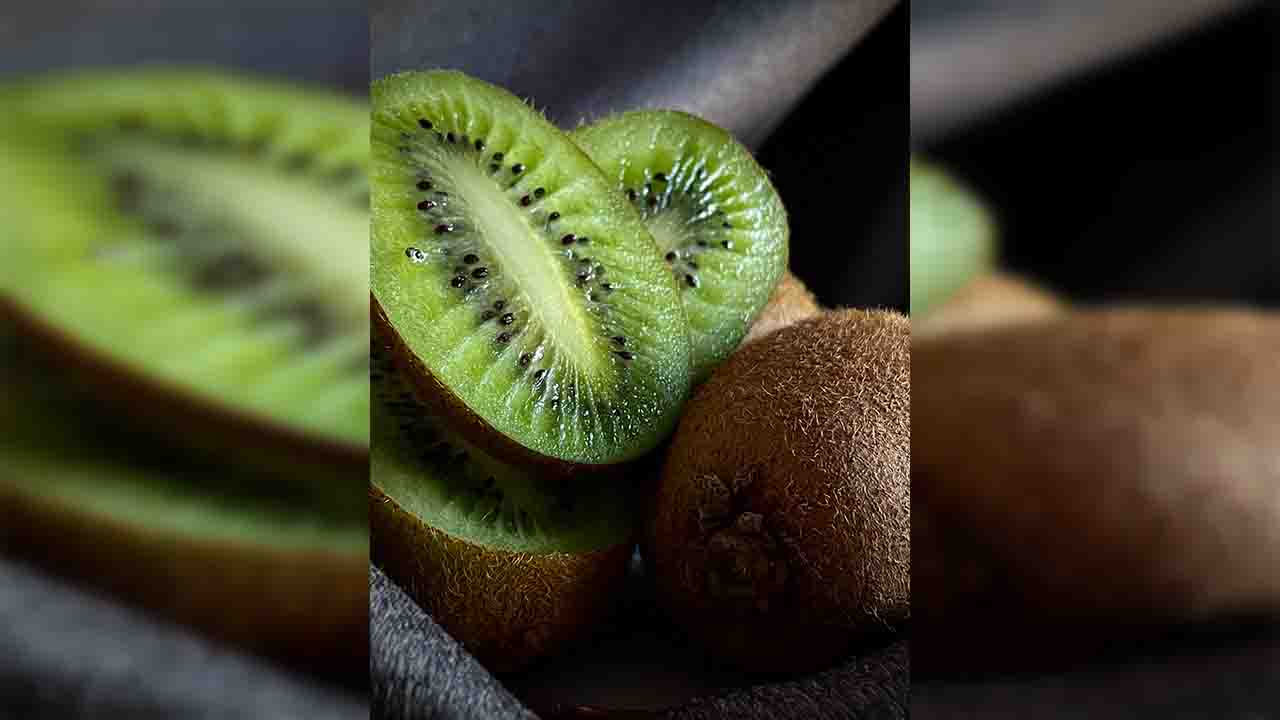Health, New Zealand (Commonwealth Union) – Kiwifruit, also known as Chinese gooseberry, is a small, oval-shaped fruit that is native to China. It was initially introduced to New Zealand in the early 20th century and later became popular worldwide for its unique appearance, tangy taste, and high nutritional value.
The fruit, is a member of the Actinidia family, has been cultivated in China for centuries. It was first introduced to New Zealand in 1904 by Mary Isabel Fraser, who brought the seeds back from a missionary school in China. The fruit was initially grown for its ornamental value, but it soon became popular for its unique taste and health benefits. In the 1960s, the fruit was renamed “kiwifruit” after New Zealand’s national bird, the kiwi, to make it more appealing to international markets.
The efficacy of Kiwifruit as a potent mood enhancer has been substantiated, and recent findings from the University of Otago shed light on the rapidity of its effects. According to a study published in The British Journal of Nutrition, the fuzzy fruit demonstrated its ability to enhance vitality and uplift mood in as short a period as four days.
Co-author Professor Tamlin Conner, of the Department of Psychology, pointed out that the findings give a tangible and accessible path for individuals to back their mental well-being.
“It’s great for people to know that small changes in their diet, like adding kiwifruit, could make a difference in how they feel every day.”
Adequate Vitamin C intake has been linked to enhanced mood, increased vitality, improved well-being, and reduced depression. Conversely, a deficiency in vitamin C has been associated with elevated depression levels and cognitive impairment.
Nevertheless, Professor Conner highlights the scarcity of research exploring the rapidity of mood improvements following the introduction of vitamin C supplements or whole food sources.
To address this gap, researchers conducted an 8-week dietary intervention involving 155 adults with low vitamin C levels. Participants were assigned to daily intake of a vitamin C supplement, a placebo, or two kiwifruits. Their self-reported measures of vitality, mood, flourishing, sleep quality, sleep quantity, and physical activity were collected through smartphone surveys.
The study revealed that kiwifruit supplementation led to significant improvements in vitality and mood within just four days, reaching peak effects around days 14–16. Additionally, flourishing showed improvement from day 14 onwards. In contrast, vitamin C marginally enhanced mood, with noticeable effects only becoming apparent by day 12.
Dr. Ben Fletcher, the primary researcher who conducted this study during his PhD at Otago, emphasizes that comprehending the intricacies of the timing and mechanisms behind these daily occurrences contributes significantly to our understanding of the potential mental health benefits associated with vitamin C-rich foods and supplements.
“This helps us see that what we eat can have a relatively fast impact on how we feel.
“Our participants had relatively good mental health to begin with so had little room for improvement, but still reported the benefits of kiwifruit or vitamin C interventions,” said Dr. Fletcher.
He mentions that although vitamin C tablets exhibited certain enhancements, the research highlights the possible synergistic benefits of incorporating whole foods such as kiwifruit into one’s diet.
“We encourage a holistic approach to nutrition and well-being, incorporating various nutrient-rich foods into your diet.”
Besides the direct implications for individuals aiming to enhance their mental well-being, Professor Conner notes that the study introduces an innovative methodology in nutritional research.
“The use of intensive smartphone surveys offers a real-time understanding of the day-to-day changes in mood-related outcomes.”
In addition to vitamin C, Kiwifruit has been known to be a nutritional powerhouse, packed with vitamins, minerals, and antioxidants that promote overall health and well-being. Kiwifruit contains a variety of antioxidants, including vitamin E, lutein, and zeaxanthin, which help protect against cellular damage and reduce the risk of chronic diseases such as cancer and heart disease.
Kiwifruit is also good source of dietary fiber, which helps maintain digestive health, regulate blood sugar levels, and lower cholesterol.
As indicated by the study conducted at the University of Otago and previously known information adding kiwifruit into your diet can be a delicious and nutritious way to enhance your overall well-being. From its impressive vitamin C content to its potential health benefits for the heart, digestion, and brain, kiwifruit stands out as a nutritional marvel.








